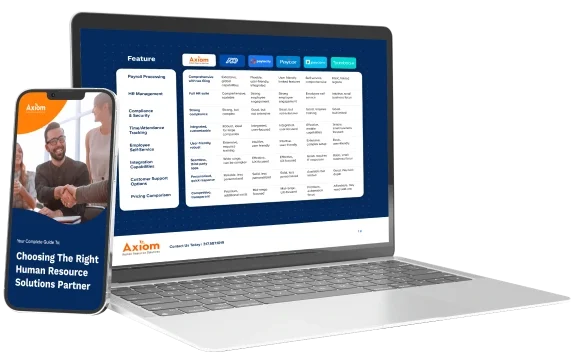 If your company is having trouble attracting and retaining well-educated employees, take heart. You may soon have another recruiting tool at your disposal, thanks to a bipartisan bill introduced in the House of Representatives last week. The bill, H.R. 795, which has been referred to the House Ways and Means Committee, would allow employers the option to offer tax-free repayments of employee student loans. Under current law, employers can offer tax-free tuition reimbursement only, not tax-free student-loan repayment.
If your company is having trouble attracting and retaining well-educated employees, take heart. You may soon have another recruiting tool at your disposal, thanks to a bipartisan bill introduced in the House of Representatives last week. The bill, H.R. 795, which has been referred to the House Ways and Means Committee, would allow employers the option to offer tax-free repayments of employee student loans. Under current law, employers can offer tax-free tuition reimbursement only, not tax-free student-loan repayment.
The bill would amend Section 127 of the Internal Revenue Code, which currently allows employees to exclude from taxable income up to $5,250 per year of educational assistance—including tuition, fees, books, supplies, and equipment—provided by their employers. Employers are not required to provide the assistance, but if they do it must be offered to all employees, not just highly compensated ones.
Kathleen Coulombe, senior advisor for government relations at the Society for Human Resource Management, said expanding Section 127 to include student loan payments “would assist employers in attracting employees—many of whom are Millennials—to their workplaces.”
While the likelihood of the bills’ passage is uncertain, its bipartisan support, said Coulombe, is encouraging. “Both Republicans and Democrats alike see the value in incentivizing student loan repayment. Expanding Section 127 is a natural fit, whereby employers are able to offer a unique, flexible benefit, and employees are able to offset the cost of education and training.”
Why Offer a Section 127 Program?
With or without the proposed expansion to cover student loan payments, offering an educational assistance program under Section 127 can be a great way for companies to attract and keep smart and highly motivated employees.
Dorothy Martin is a consultant on the design of corporate tuition assistance programs; she also managed the corporate tuition assistance program at Verizon Wireless until 2014. Martin said that at one point, participation in higher education at Verizon Wireless was as high as 20 percent, and that with the help of the tuition assistance program, the company was able to reduce turnover by a full 50 percent. “The cost savings to the business paid for the cost of the tuition assistance program,” Martin said.
Program Flexibility
Employers can impose eligibility requirements on the participants, such as opening the program only to certain job categories, or to full-time versus part-time employees. They can also require course completion, minimum performance standards (such as a certain grade) or continued employment for a reasonable period after completion of the course.
Whether or not the tax-free student loan reimbursement amendment is approved, Section 127 offers employers the means to retain their best and brightest, and increase employee loyalty and morale. If you’re interested in exploring Section 127 benefits for your employees, contact your Axiom representative and ask how we can help.
